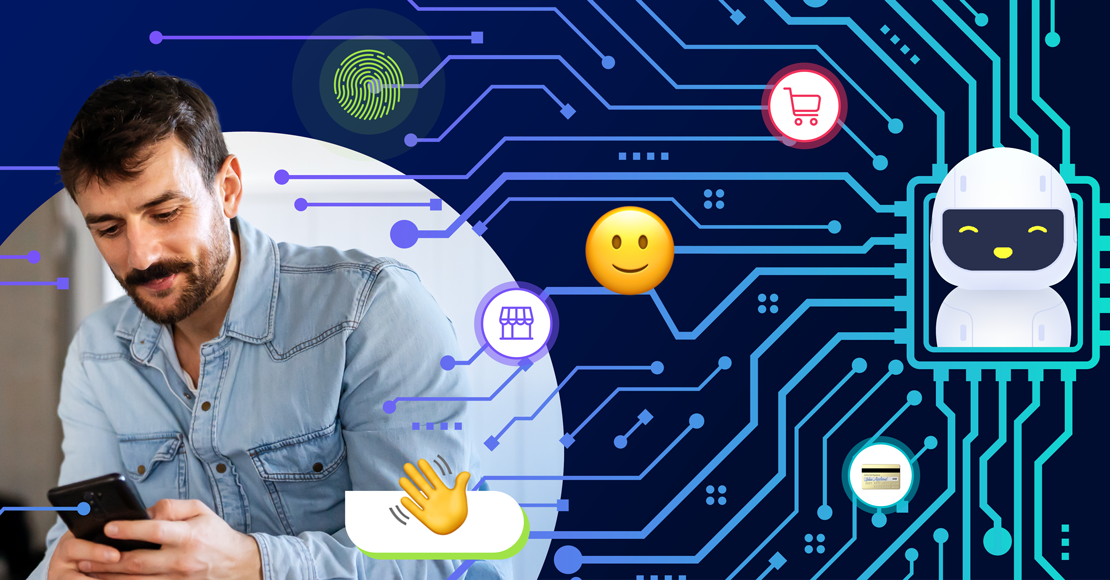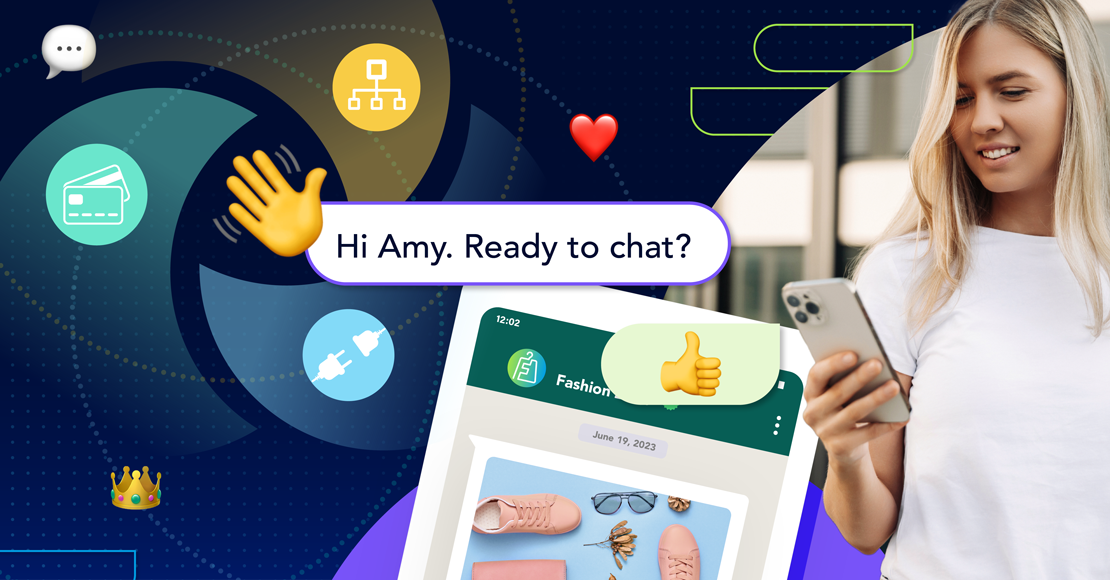
Convergence in business
Technology has taken enormous strides over the past two decades. Today’s ordinary activities would be regarded as magic by anyone living a few hundred years ago. You’re using small devices to make purchases without leaving your home or having meetings in real-time with colleagues and loved ones around the world. With this rapid progress in technological innovation, it’s no wonder you’re seeing so many aspects of technology combine in new, exciting ways. This is known as “convergence” and being informed about convergence technologies can help you make better, more informed decisions in the future.
What is convergence?
Technology is all about the creation of tools to achieve goals in more efficient ways. For many experts, progress in tech is measured by achieving ends with fewer resources: time, energy, money, and so on. When a single piece of technology can complete more than one task, it’s a sign that progress has been made. This is what we mean by convergence technologies. As Tech Target defines it “the term [convergence] refers to the combination of two or more different technologies in a single device.”
Consider some technological convergence examples, like an everyday smartphone. Phones traditionally were used solely for making and receiving phone calls. Then, with the creation of cellular phones with screens, you could also send messages with a short message service (SMS). Today, mobile phones allow for instant messaging, video playback and recording, and photography – capturing, receiving, editing.
Smart televisions today allow you to not only watch films but also connect to the web. They can run various apps and even play games. These are just two of the most prominent technological convergence examples you might experience.
Related: Home automation: is there still a case for SMS with the internet of things?
What do convergence technologies mean for business?
Technology able to focus on multiple streams allows for a more diverse approach. In other words, if you were interested in getting someone’s attention on their phone, it no longer means only calling them. We can use SMS, emails, videos – knowing all these are viewable on the same device. Convergence technologies mean more pathways for business to work with, despite each path being connected to a single user. This is advantageous if you’re trying to get someone’s attention.
This also means working between and on different platforms can benefit the business. As Forbes notes: “Convergence is the future of marketing”. By recognizing strengths, companies can create multi-pronged approaches to reach an audience: for example, using one company’s genius of media and combining it with another which employs user interface experts, they can create unique campaigns aimed at today’s mobile audience. (This was some of the thinking between Nokia and Microsoft, for example.)
Convergence technologies also relate to the Internet of Things (IoT). Not only are devices able to perform multiple tasks, but they can also interact with other devices to complete other tasks. And, make no mistake, the IoT can have a dramatic impact on the business if, like convergence, you understand what the concept means.
Explore other articles
Step into the future of business messaging.
SMS and two-way channels, automation, call center integration, payments - do it all with Clickatell's Chat Commerce platform.








